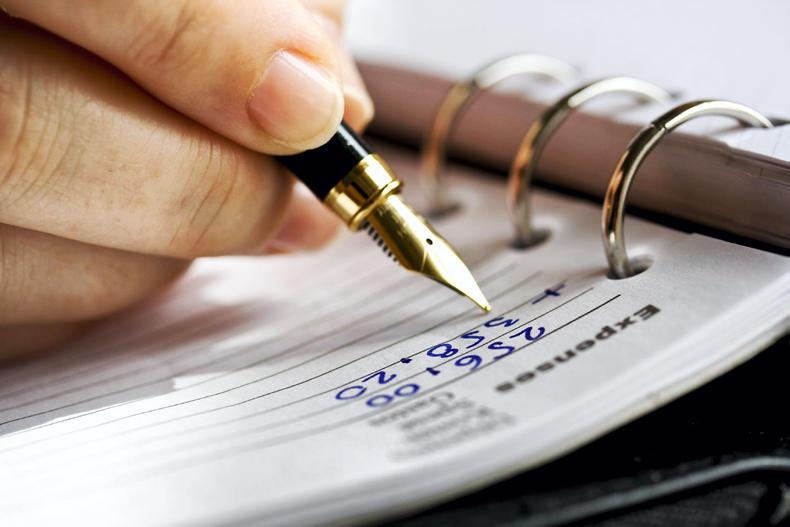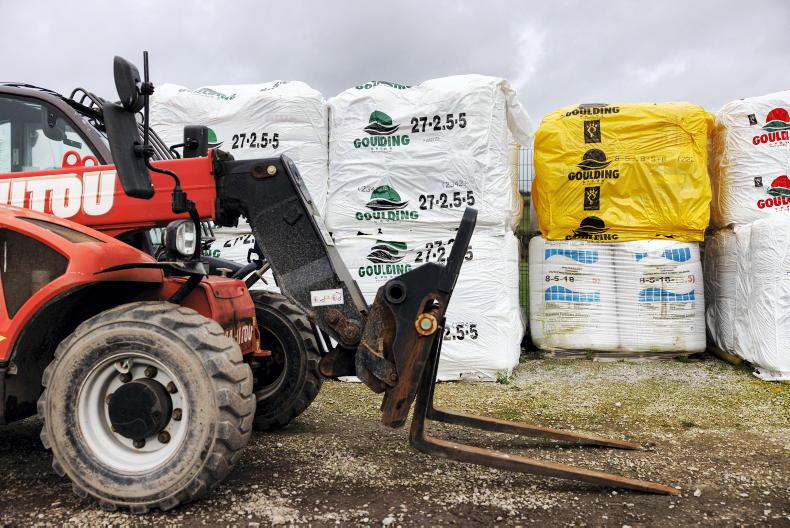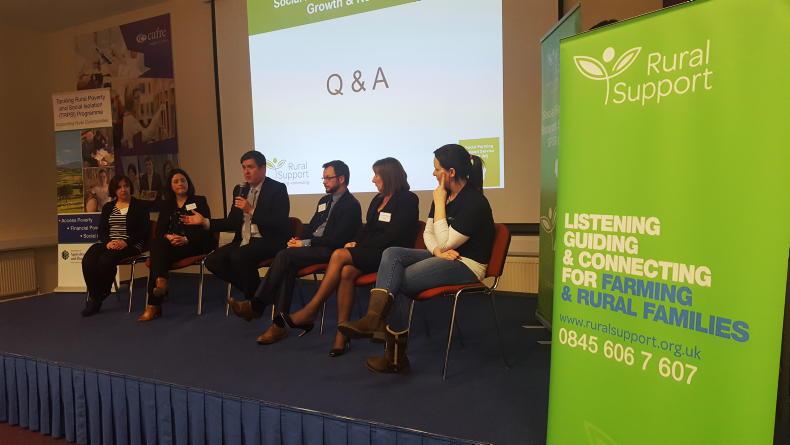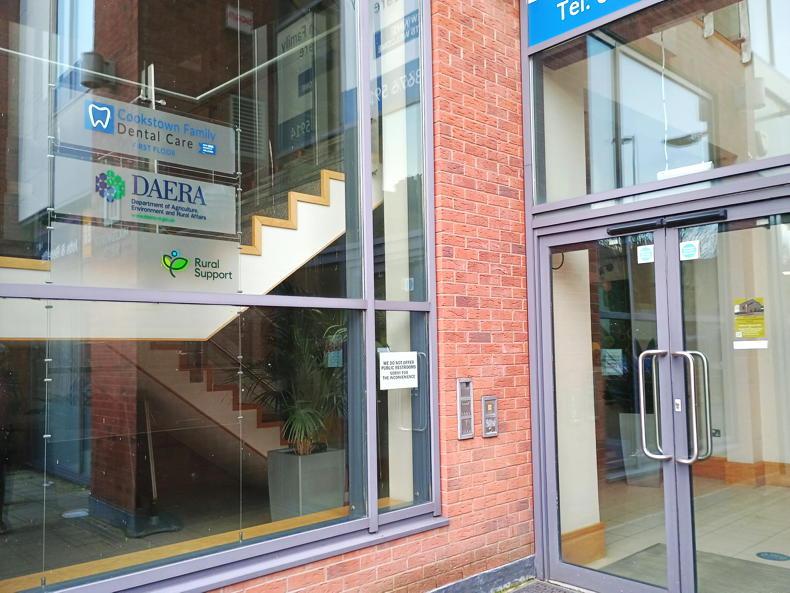Almost every decision that you make for your business will have tax implications in the future. The more that you understand about your personal and business tax affairs, the better placed you will be to make the right decisions.
To get to grips with your tax situation, a good starting point is to assess how this year’s business performance compares with last year. Has your financial position improved, worsened, or remained the same? Are your bills increasing? And, if so, do you know why?
For many farmers, costs are up this year because of the late spring and summer drought, while for others costs are rising because they are busier than ever. These rising costs put pressure on your cashflow.
Creditors and loans are important areas to look at. Do you know what money is owed to you, what you owe your creditors, what loans are outstanding and whether you are getting the best interest rate from your bank? Are your profits adequate to meet your repayments? If cash is short, you may need to consider restructuring your loans.
Capital expenditure
There are always opportunities to incur capital expenditure on the farm, but capital investment should only go ahead if it will contribute to profitability. If you have made, or are planning, any capital purchases this year and intend to borrow to fund the expenditure, it is important to take into account that any interest on your loan will reduce your return on investment. Likewise, if you use personal savings to fund capital expenditure, any loss of interest on your savings will need to be taken into account.
Living expenses
It is also important to understand how your living expenses affect your income tax. You need to know how much you are taking out of the business for day-to-day expenses and what proportion of personal expenses are being paid by the business.
Check whether you are claiming all relevant tax credits and whether your add-backs for personal expenses (such as telephone, motor and ESB) are correctly calculated.
For example, if you’re a married person with standard allowances taking €4,000/ month for living expenses, then your annual income before tax would need to be approximately €66,000. This could mean a tax bill of circa €14,500.
Another factor that will affect your retained profit is if you have taken any lump sums out of the business to pay off personal loans. This money is taxable not withstanding that it is spent.
If you claim stock relief, for example, adjustments may be needed this year if you plan to reduce your herd size because of the fodder shortage. Other matters to discuss when you meet your accountant will include whether you could benefit from income averaging, stepping out of income averaging for a year, or from incentives such as the succession partnership tax credit or the land leasing exemption.
Conclusion
In farming, incomes fluctuate from one year to the next and it is never advisable to blindly do what you did last year when it comes to tax matters.
The better you understand your income and expenditure, the more value you will get out of your meetings with your accountant.
It is a good idea to ask how your business performance compares with similar businesses, as your accountant will be able to provide you with some insight on this. You should also ask for suggestions of measures you may be able to take to control your costs, improve profitability and minimise your tax liability. There are almost always opportunities to do this once you are well prepared and plan ahead in time.










SHARING OPTIONS